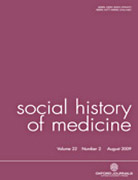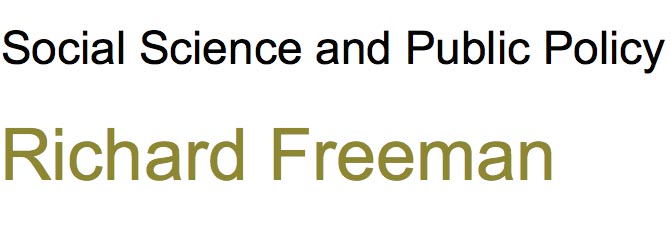 The National Health Service (NHS) has always been compared to other things, to other organizations and systems both at home and abroad. This paper explores those comparisons, beginning with the origins of national public health care in Lloyd George’s study of German social insurance, and ending with Gordon Brown’s claims for the NHS as ‘the best insurance policy in the world’. It considers the comparisons and contrasts made for and with the NHS at the time of its foundation and the comparison of state and market around 1990, before reviewing the contemporary function of comparison as form and basis of health governance. The paper presents three related patterns of thought: one prompted by encounter with the other, one sustained by metaphor and one developed in more formal, analytic comparison. It concludes by discussing why comparison itself is such a dangerous and contested thing.
The National Health Service (NHS) has always been compared to other things, to other organizations and systems both at home and abroad. This paper explores those comparisons, beginning with the origins of national public health care in Lloyd George’s study of German social insurance, and ending with Gordon Brown’s claims for the NHS as ‘the best insurance policy in the world’. It considers the comparisons and contrasts made for and with the NHS at the time of its foundation and the comparison of state and market around 1990, before reviewing the contemporary function of comparison as form and basis of health governance. The paper presents three related patterns of thought: one prompted by encounter with the other, one sustained by metaphor and one developed in more formal, analytic comparison. It concludes by discussing why comparison itself is such a dangerous and contested thing.
Source: Social History of Medicine 21 (3) 503–520
